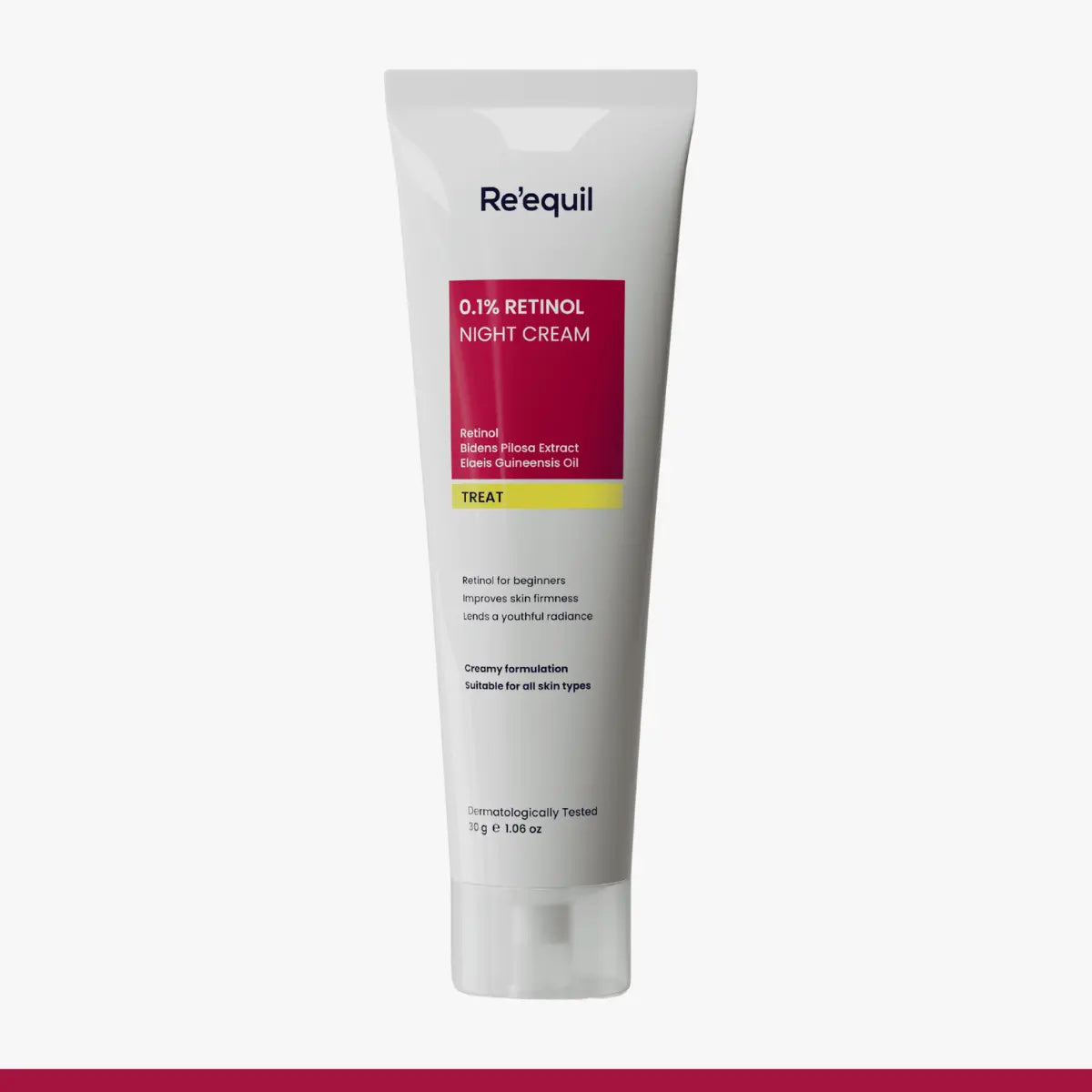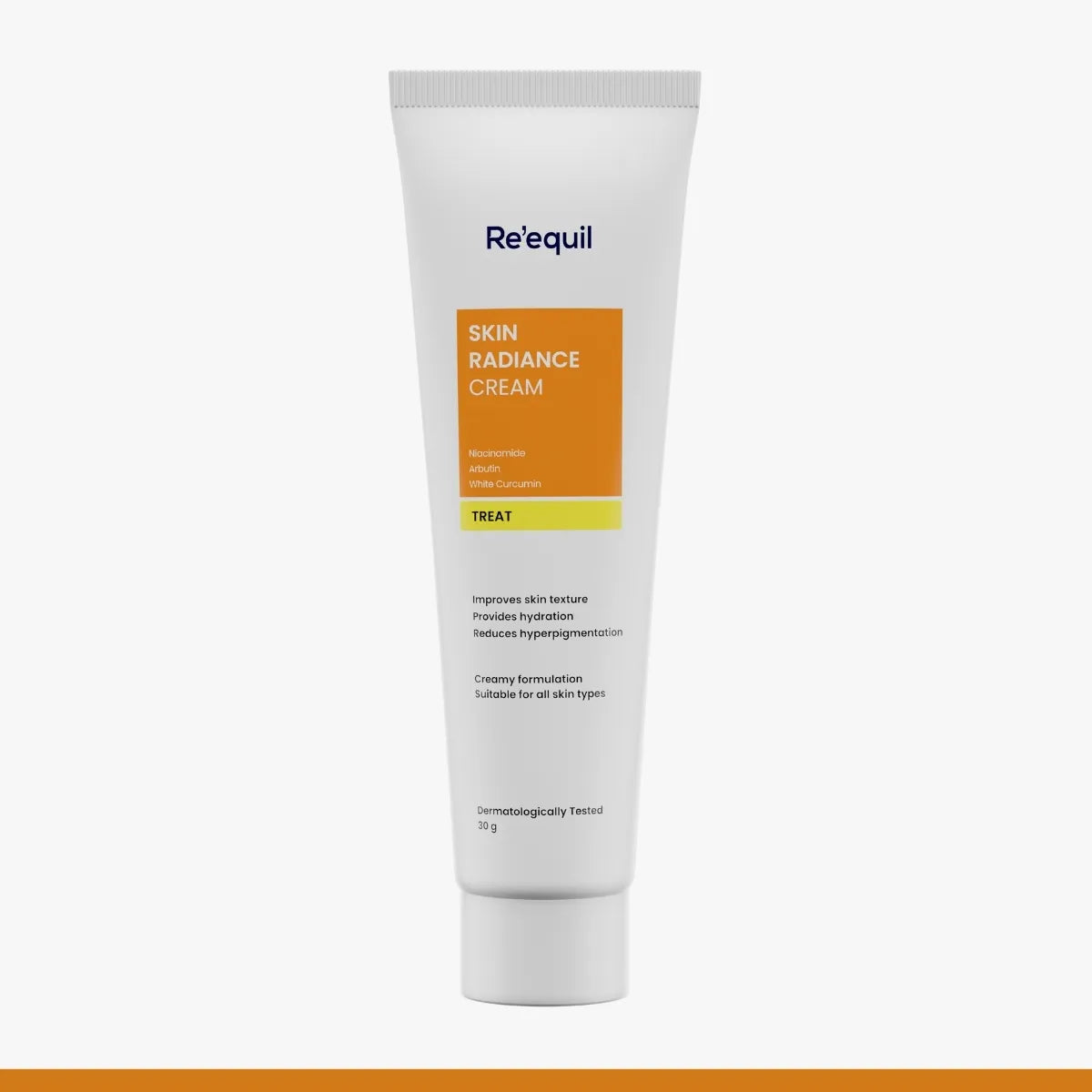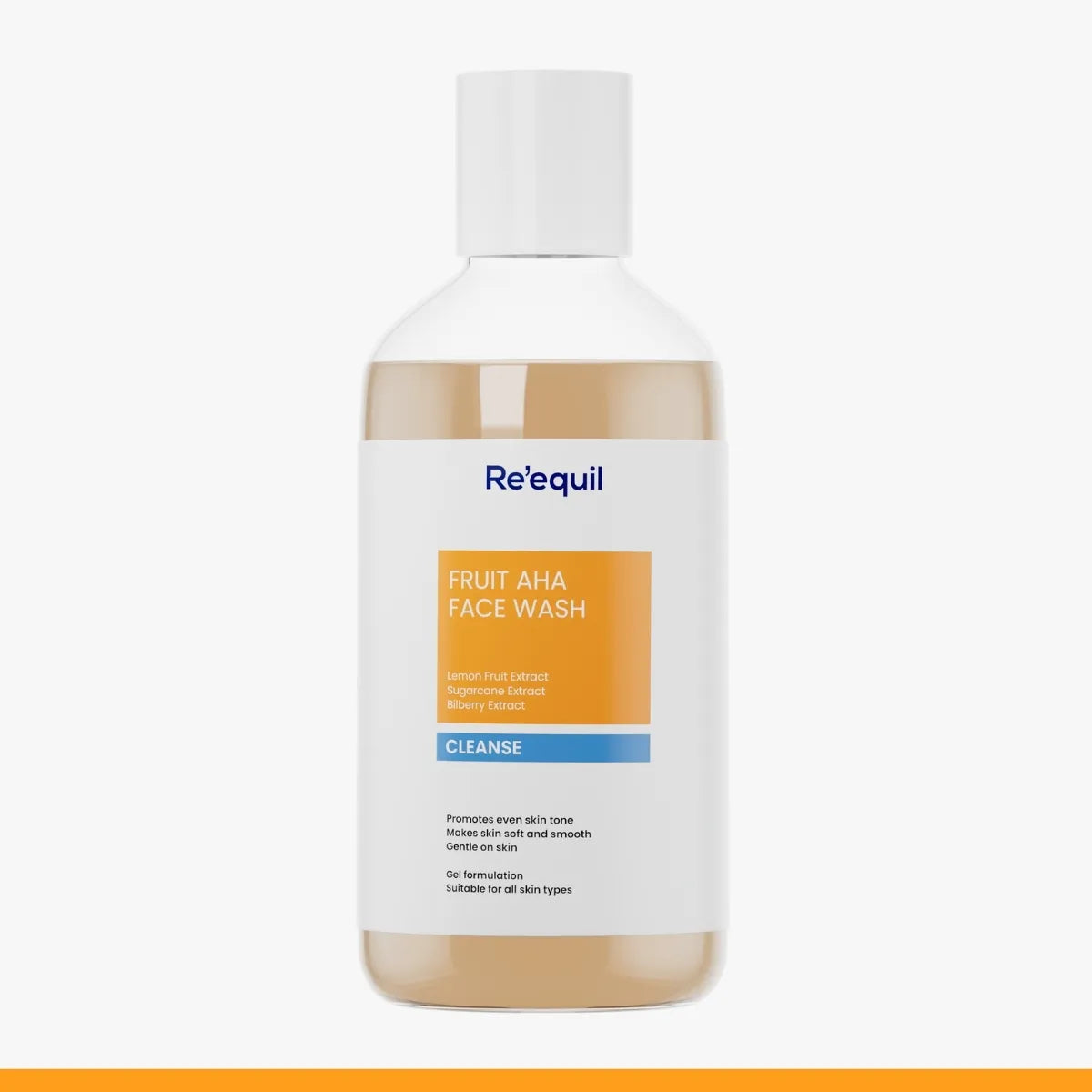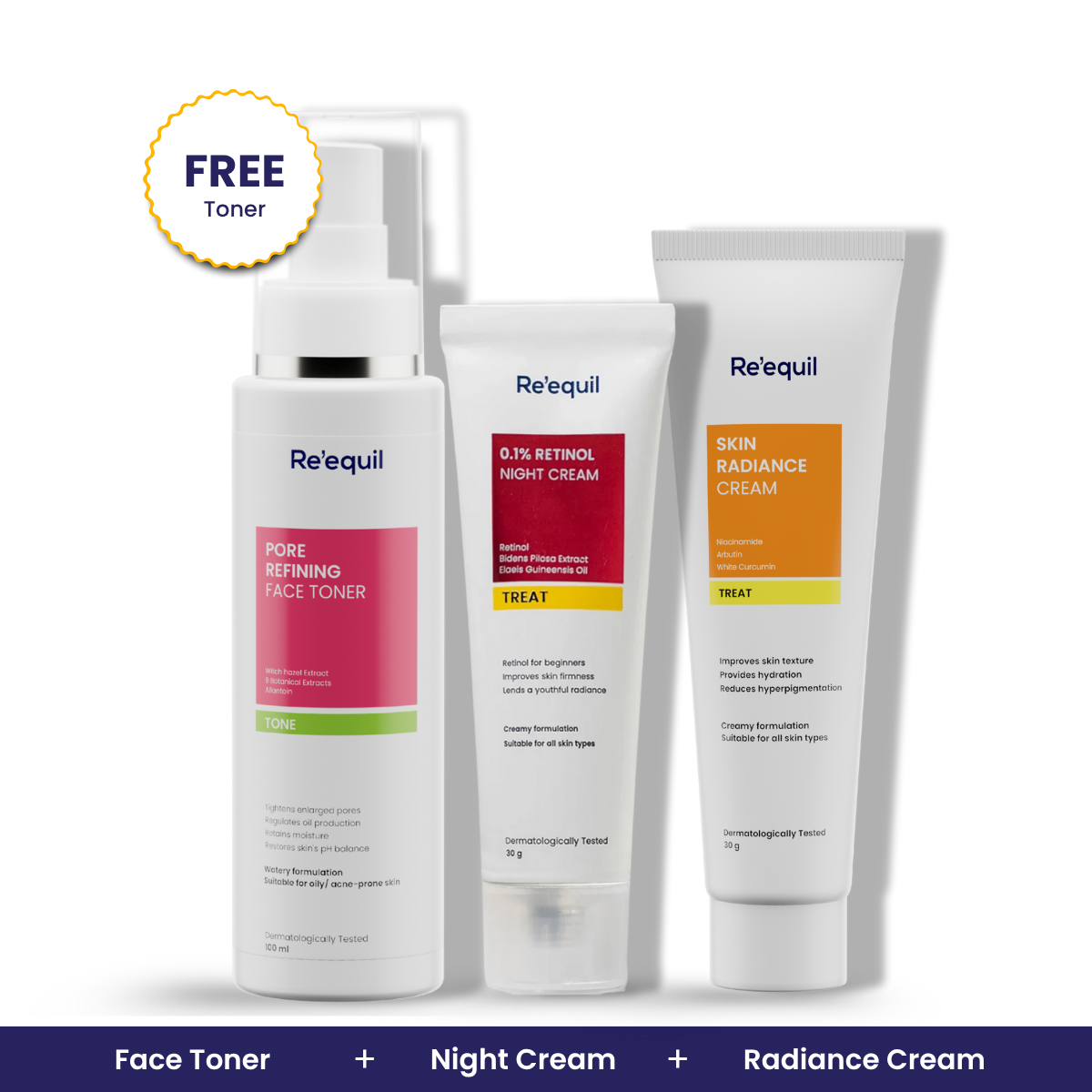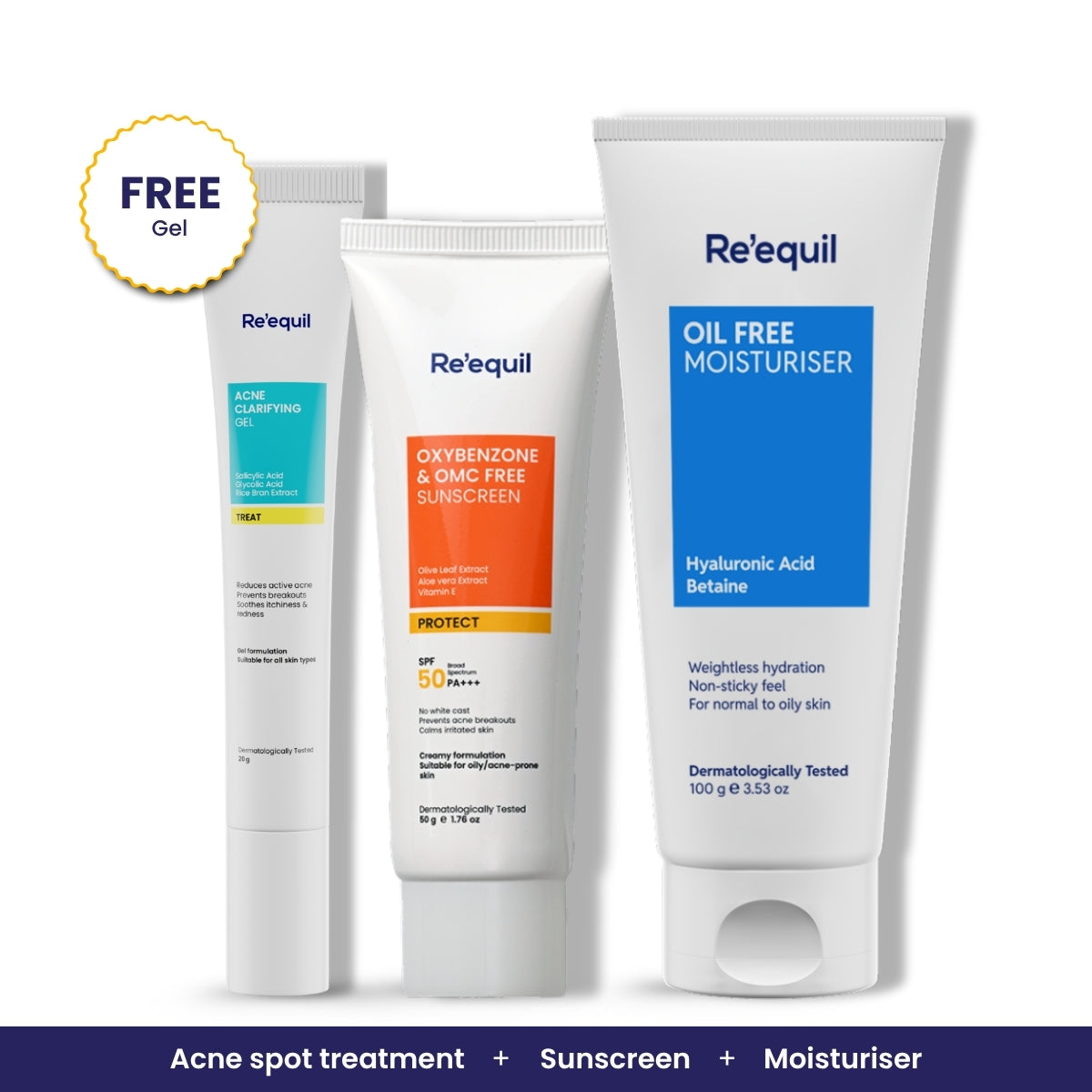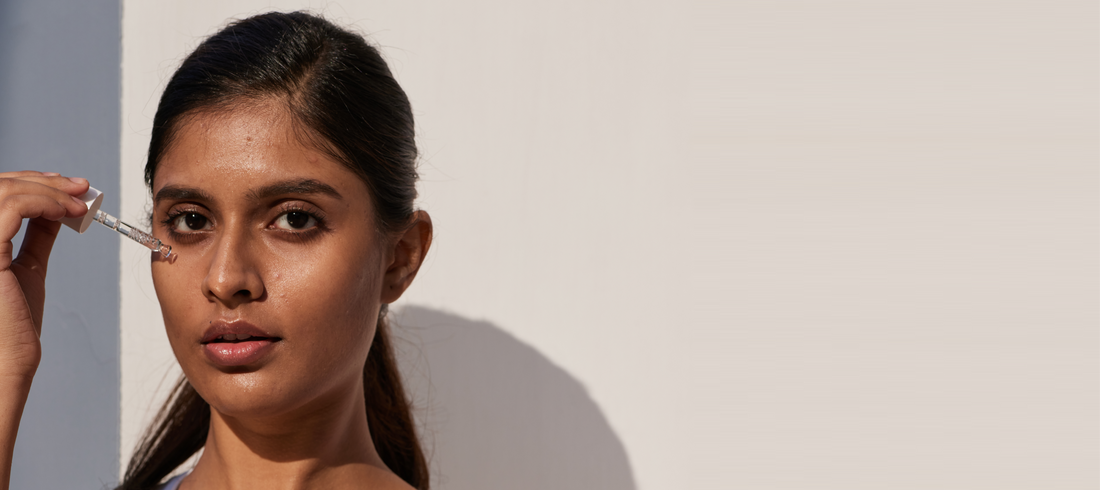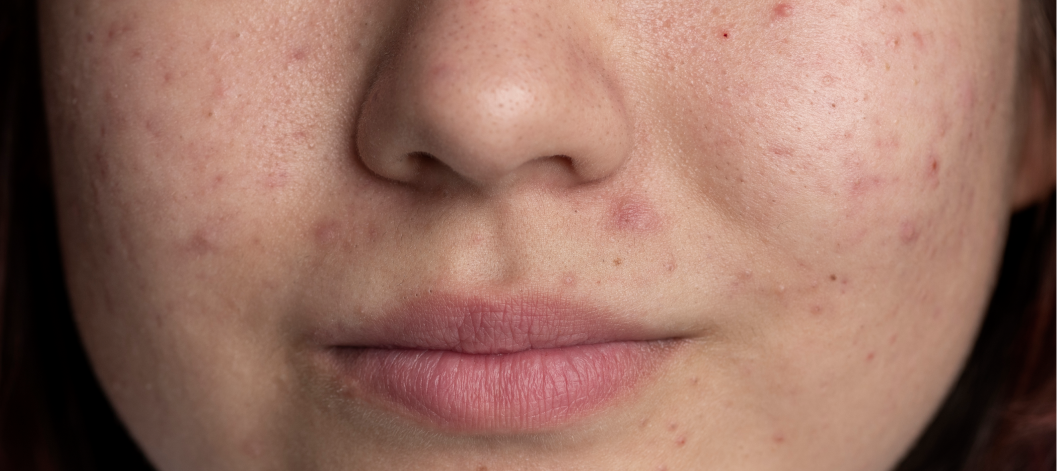Let’s be honest: when was the last time you thought about your skin barrier—not your pores, not your glow, but the invisible, microscopic layer between you and, well, everything else?
You might not realize it, but your skin barrier is working overtime while you go about your day.
Think dust, bacteria, UV rays, air pollution, harsh water, your phone screen, your pillowcase.
Your skin barrier deals with all of it.
But here’s the catch: we ruin it all the time—sometimes with the very things we think are “helping.
Curious?
Let’s break down what your skin barrier really is—and why your entire skin care philosophy might need a reset.
What exactly is the skin barrier?
That outermost layer of skin—called the stratum corneum—is your skin barrier. Its job is simple but vital: keep moisture in, and everything harmful out.
According to dermatological studies, this layer contains a delicate balance of ceramides, cholesterol, and fatty acids that together create what’s known as the epidermal permeability barrier.
This isn't just about dryness or flakiness—it’s about inflammation, infection, accelerated ageing, and even chronic conditions like eczema and rosacea.
What’s ruining your skin barrier?
Let’s be honest—most of us have harmed our skin barrier without even knowing it.
Ever felt that tight, squeaky-clean feeling after washing your face?
That’s not a good sign. It usually means your skin barrier is stressed.
Over-cleansing and exfoliating
Using harsh foaming cleansers, scrubs, or exfoliating acids too frequently?
You’re scrubbing off not just dirt, but your barrier.
A study from the Journal of Clinical Dermatology found that overuse of surfactants leads to barrier lipid depletion.
The wrong pH
Your skin barrier thrives in a slightly acidic environment (pH ~5.5). Many cleansers and toners mess with that balance, making your skin more alkaline and vulnerable.
Hot showers and hard water
Too much hot water strips away essential oils.
Meanwhile, calcium and magnesium ions in hard water bind to surfactants, amplifying irritation.
Environmental stressors
Sun exposure, pollution, and dust can weaken your skin barrier over time.
A 2018 study found that people living in polluted cities lose more moisture through their skin—because their barrier gets damaged more easily.
Is your skin barrier damaged? Here’s what it feels like
The signs aren’t subtle once you learn how to spot them—and they’re not about pimples or pigmentation alone.
Chronic tightness
Your skin shouldn’t feel tight or stretched.
That uncomfortable feeling usually means it’s losing too much moisture.
Persistent redness or stinging
If even water or gentle products start to sting, your barrier’s protective seal has been compromised.
Flaky or rough texture
It’s not always about dryness—it’s a lipid deficit, which impacts how skin cells hold together.
Sudden sensitivity
Products you once loved might suddenly burn. This “hyper-reactivity” is a classic red flag.
How to protect and rebuild your skin barrier function
You can’t force your skin barrier to heal overnight, but you can give it what it needs to repair itself.
The trick? Less is more.
Strip Back to the Basics
Start with a minimalist routine:
-
Gentle, non-foaming cleanser (pH-balanced)
-
Barrier-repair moisturizer (with ceramides, cholesterol, and fatty acids)
-
Broad-spectrum sunscreen, daily, even indoors
A stripped-down routine minimizes triggers and supports your skin’s natural processes.
Add lipids intentionally
Look for creams that include ceramides (NP, AP, EOP), squalane, and cholesterol. Research shows that using moisturizers mimicking natural lipid ratios accelerates barrier recovery.
Stop the scrub cycle
Physical exfoliants? Pause. Chemical exfoliants? Reduce frequency. A 2021 review noted that overuse of AHAs and BHAs leads to chronic barrier impairment.
Feed your skin barrier from within
Yes, really. Omega-3 fatty acids and linoleic acid (found in flaxseeds, walnuts, and evening primrose oil) have shown barrier-boosting effects when taken orally.
It’s Not About “More” Anymore
Here’s the truth: healthy skin doesn’t need a shelf full of serums.
It doesn’t glow because it’s been scrubbed or treated—it glows because the barrier is strong.
We’ve made skincare feel like it has to be complicated.
Fixing your skin barrier is about doing less—fewer products, fewer harsh ingredients, and more patience. And when it heals, you won’t just see the change—you’ll feel it.
